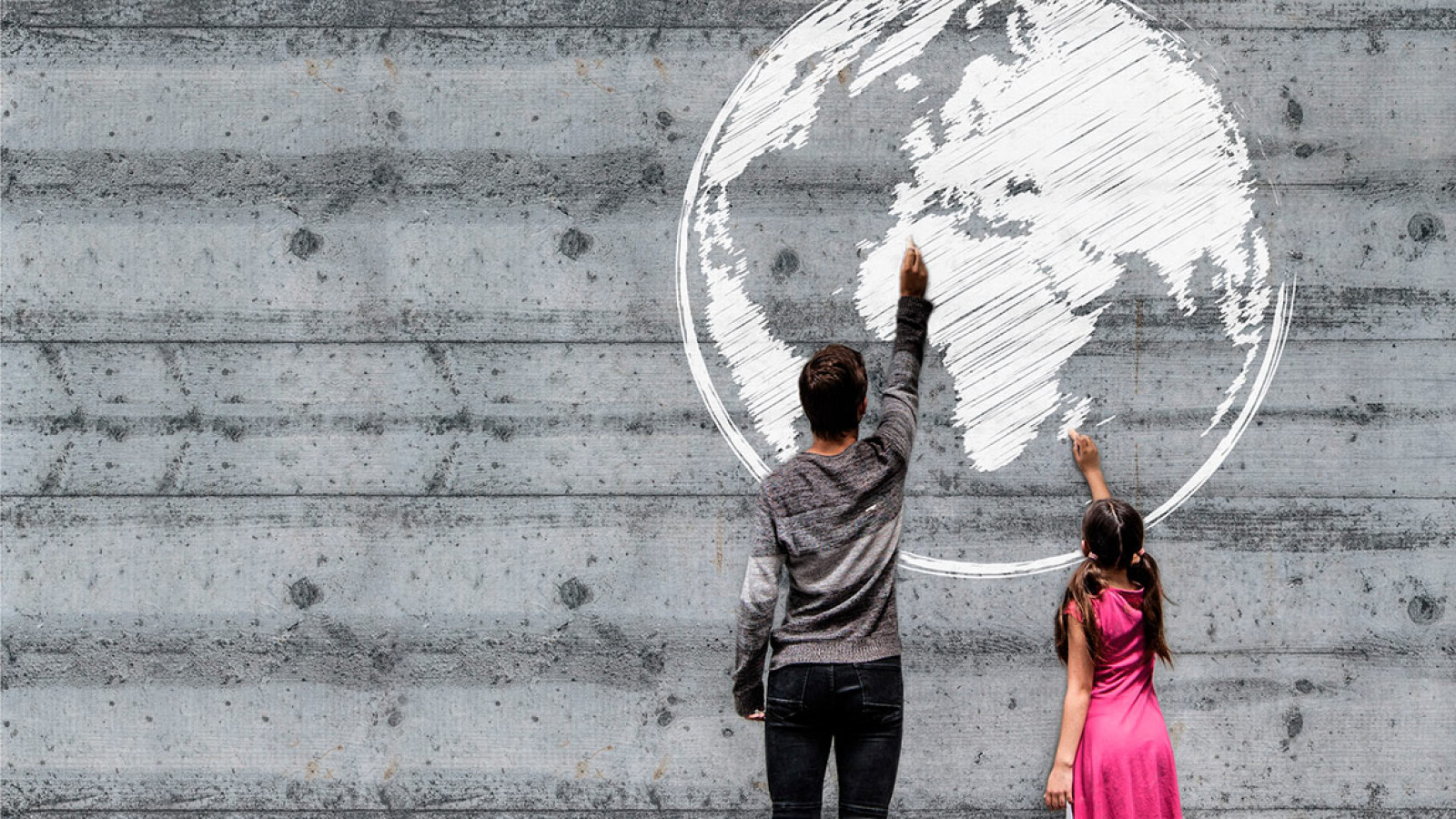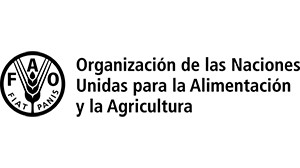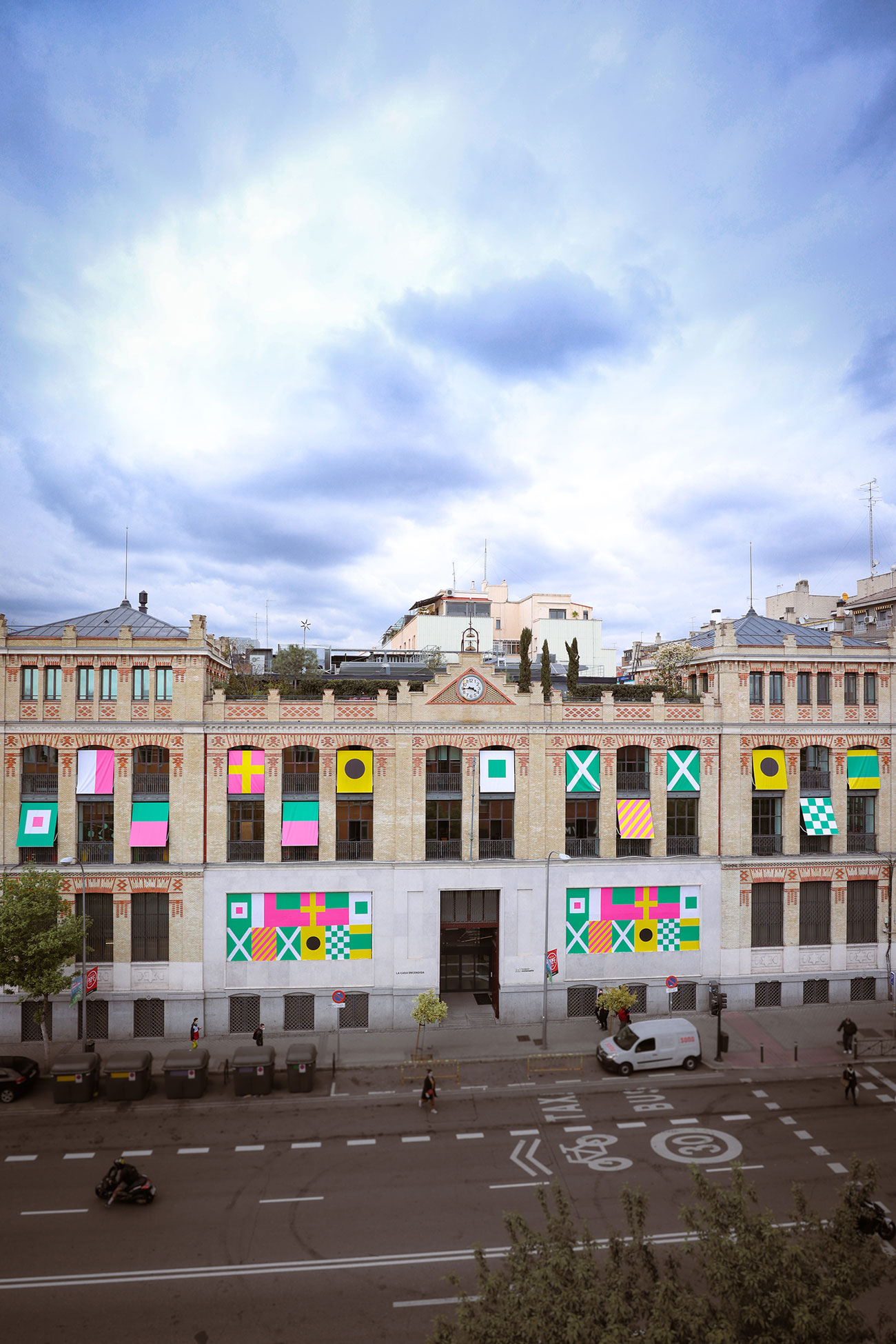Planeta Tierra: nuestros grandes desafíos
Alarming messages about the state of planet earth and its future abound. Every week sees a new environmental catastrophe or nature falls prey to yet another attack. A comparison of the state of the planet in 1970, in 2000 and in 2019 reveals that environmental degradation is speeding up. If this pace continues, how long before the planet becomes uninhabitable?
This exhibition takes visitors on a tour of the state of the planet through explanatory panels situated in the intermediate spaces of La Casa Encendida.
Planet earth is sick. Different groups of experts from all over the world have gathered on numerous occasions and sophisticated instruments have aided their research. The reports they have issued reach the same conclusion: all the warning signs are red.
It is difficult to underestimate the gravity of the situation. The increasingly accurate data about the shrinking of the ozone layer, the increased levels of carbon dioxide in the atmosphere and the quantity of toxic products being dumped into the biosphere are extremely worrying.
The evidence is plain to see: in the last half-century, human activity has caused an unprecedented environmental crisis on the planet. The clearest manifestation of this crisis is climate change which, coupled with high concentrations of greenhouse gases in the atmosphere, is eating away at the ozone layer that protects our planet from the sun's ultraviolet rays.
Recent years have seen unprecedented changes in land use, the aforementioned climate change and rampant consumerism, with serious impacts for the majority of the earth's seas and land masses.
Soils, water bodies and the atmosphere are subjected to one form of environmental looting after another. Energy wastage, uncontrolled urbanisation, deforestation, pollution of groundwater, seas and rivers, ozone depletion, acid rain... All of these phenomena, recorded in minute detail throughout the exhibition, are endangering the future of humankind because everything is connected: nature helps to regulate the climate and the quality of the air we breathe, as well as providing food and energy, so its alteration has a direct impact on human life and the economic development of the world.
The planet has raised a cry of alarm: one million plant and animal species are in danger of extinction and will be wiped out altogether in the coming decades unless there is a radical change in production and consumption methods.
Curator: Ferran Montesa, editor-in-chief of Le Monde diplomatique in Spanish, and Enrique Yeves, director of FAO Spain.
The texts and infographics in this exhibition are based on content developed by Le Monde diplomatique and the FAO collection The State of the Planet.
















